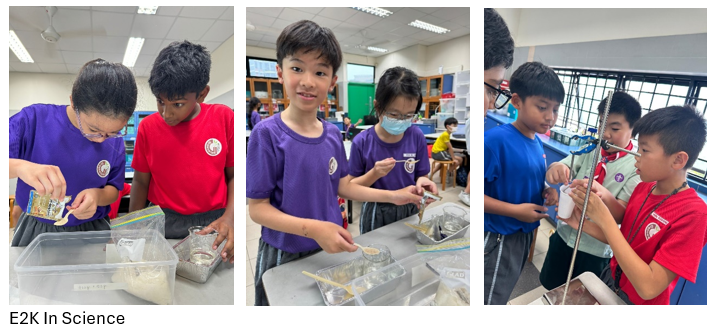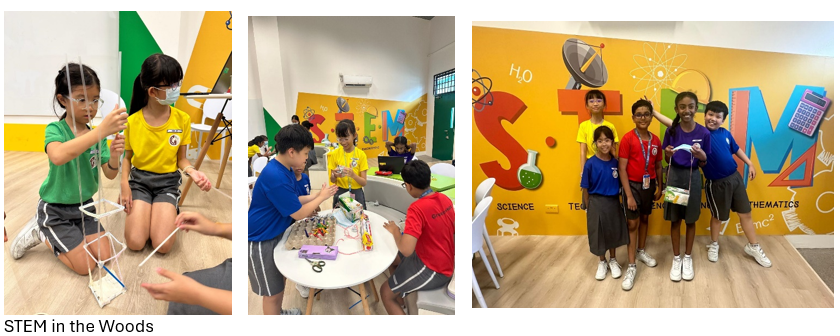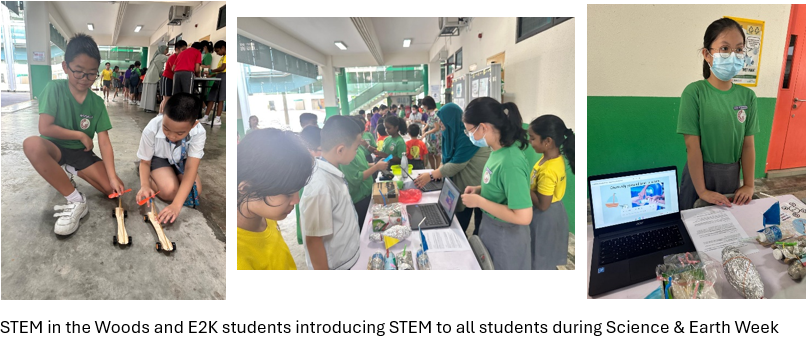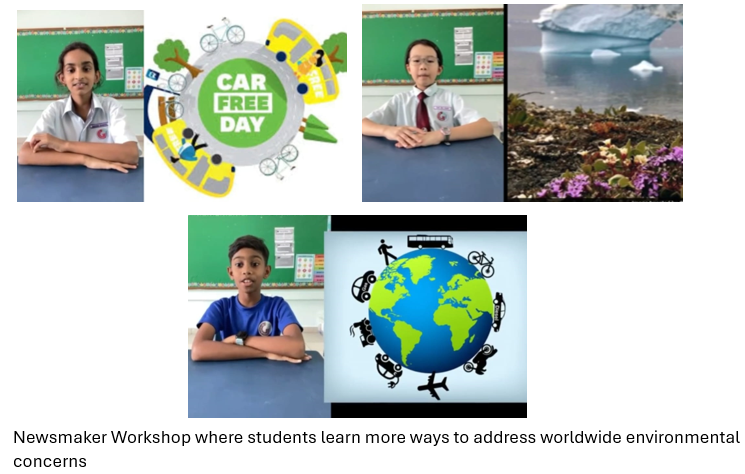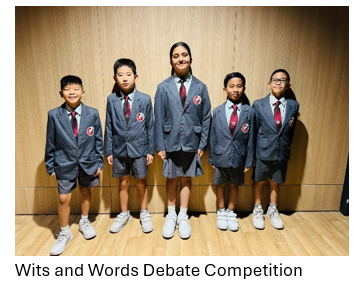SOAR
Stretching One’s Abilities & Readiness
(SOAR)
“Don’t just fly, Soar!”
Rationale:
In Greenwood Primary School, our vision is to develop students into motivated learners, critical thinkers and leaders of character. We recognise the diversity of our student profiles and we focus on developing their thinking skills by providing them with opportunities to stretch themselves. Since 2022, we have implemented the SOAR Programme to address the diverse needs and abilities of our students. This includes a framework to challenge our students’ thinking and optimise their potential in learning throughout their six years of education here.
Philosophy:
The school adopts Renzulli's Enrichment Triad Model to guide the planning of the SOAR programme. This model aims to foster the creative productivity of young people by exposing them to various topics, areas of interest, and fields of study, and by training them to apply advanced content, process skills, and methods to their self-selected areas of interest. SOAR seeks to expose students to various topics, guide them through their areas of interest, and further develop their talents. Enrichment programmes in both academic and non-academic subjects are planned in a three-type approach to challenge students appropriately and nurture their passions and enthusiasm.
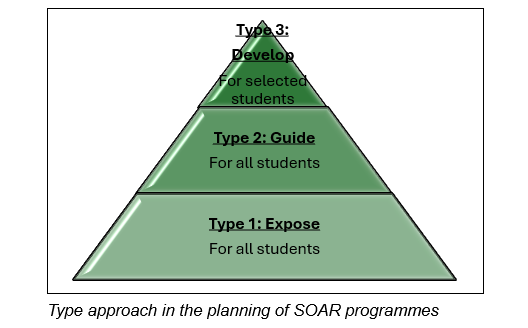
Type 1 programmes expose students to a wide variety of disciplines, topics, occupations, hobbies, persons, places, and events that spark their curiosity and interest.
Type 2 programmes and pedagogies/strategies use materials and methods that promote the development of thinking and feeling processes, such as critical thinking, creative thinking, and problem-solving.
Type 3 programmes cater to a small group of selected students (High Ability Learners) who have demonstrated high levels of interest and ability in a specific area, and provide them with opportunities to pursue their passion and develop their talents.
Our Implementation:
|
Category |
Programmes |
|
Type 1 |
These activities are designed by the school and incorporated into the curriculum. They include:
|
|
Type 2 |
These programmes allow students to apply their knowledge and skills to real-world problems or issues. They include:
|
|
Type 3 |
These programmes cater to students with specific talents or interests in various domains. They include:
|
